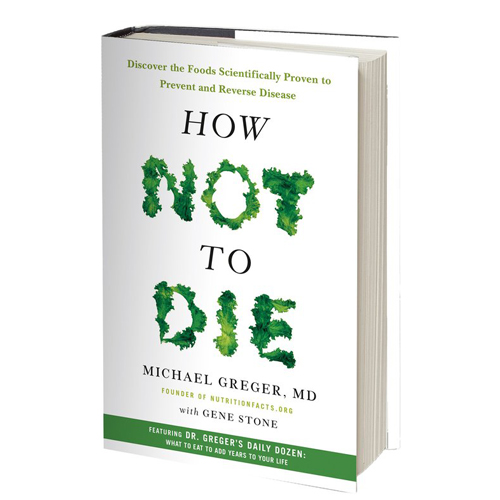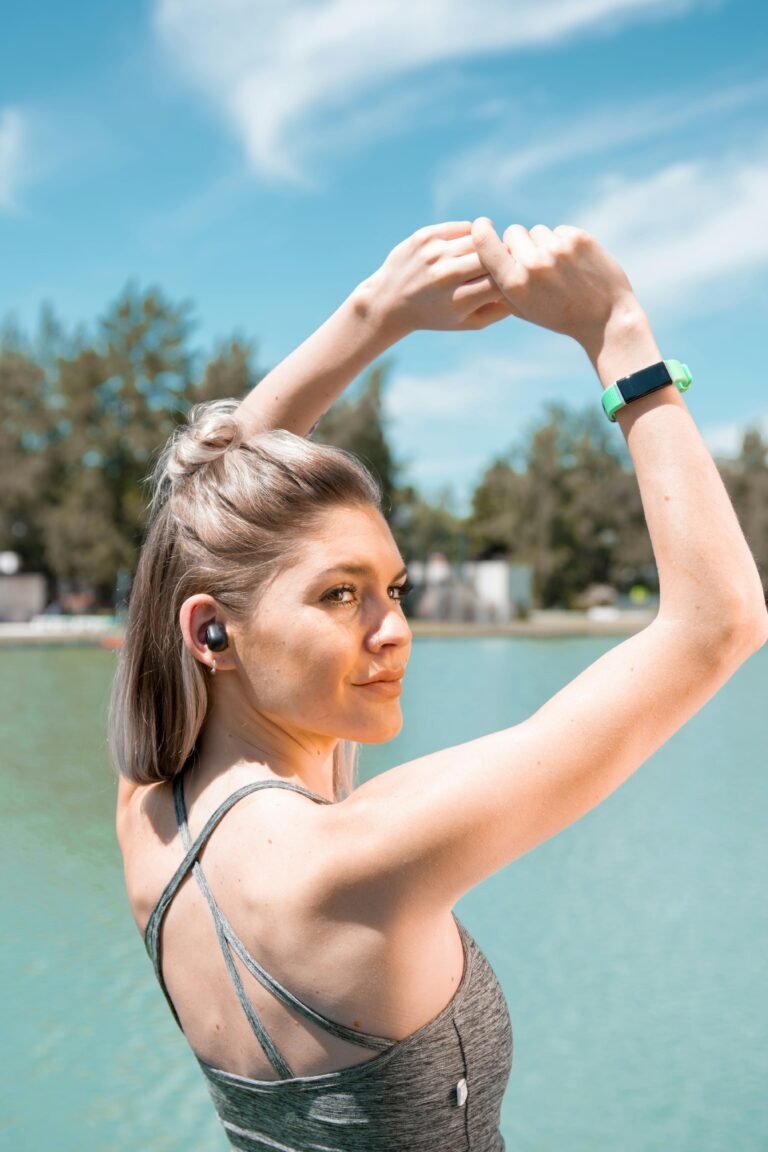Breaking Down Health Myths: What You Need to Know

Let’s face it—health advice is everywhere, and not all of it is helpful. One minute carbs are evil, the next they’re essential. Some say you need 10 supplements a day, others say less is more. So… what’s the truth?
In this post, we’re cutting through the noise and breaking down common health myths that might be holding you back from feeling your best. Whether you’re trying to eat better, exercise smarter, or just stop second-guessing every health choice you make, we’ve got you covered.
1. Myth: Carbs Make You Gain Weight
Carbohydrates are often blamed for weight gain, but the truth is they’re a crucial energy source your body needs daily. Choosing complex carbs like whole grains, fruits, and vegetables provides lasting energy and keeps you full, while it’s mainly processed and sugary carbs that can lead to unwanted weight. Understanding this helps you make smarter, balanced food choices without fear.

2. Myth: You Need a Detox to Cleanse Your Body
Your liver and kidneys naturally filter toxins every day, so expensive detoxes or cleanses aren’t necessary—and can even be harmful. Supporting your body with nutritious foods and staying hydrated allows these organs to work effectively and keeps you healthy without gimmicks.

3. Myth: Lifting Weights Is Only for Men
Strength training isn’t about getting bulky—it’s about building lean muscle, boosting metabolism, strengthening bones, and preventing injury. Both men and women benefit immensely, making it an essential part of a healthy lifestyle for everyone, regardless of gender.

4. Myth: Supplements Are the Key to Better Health Water
Supplements can be helpful when your diet lacks certain nutrients, but they don’t replace the benefits of eating whole foods. Whole foods provide fiber, antioxidants, and a wide range of nutrients working together that pills simply can’t match. Prioritize real food first, then use supplements wisely.

5. Myth: You Need to Sweat to Get a Good Workout
Sweat is just your body’s way of cooling down, not a measure of how effective your workout is. You can gain strength, improve flexibility, and boost heart health through low-sweat activities like walking, yoga, or Pilates—proving results come from movement, not moisture.

6. Myth: Healthy Living Is Expensive
Being healthy doesn’t have to drain your wallet. Simple, affordable habits like cooking meals at home, drinking more water, and using easy-to-find kitchen tools can lead to better nutrition and fitness. Consistent small steps are all it takes to improve your health without overspending.




